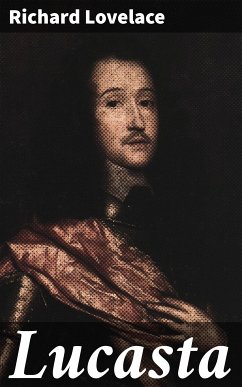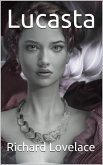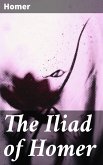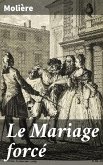In Richard Lovelace's renowned collection "Lucasta," the poet deftly weaves a tapestry of love, longing, and existential reflection through his masterful command of language and form. This compilation, primarily written in the early 17th century, exemplifies the cavalier style, characterized by its elegant simplicity and emotive resonance. Lovelace's verses explore themes of devotion and separation, often imbued with a sense of melancholy, as he grapples with the complexities of love in a politically tumultuous era. Notably, the title poem itself serves as a poignant meditation on the interplay of passion and virtue, showcasing Lovelace's ability to resonate deeply with contemporary experiences while engaging in the rich tradition of English lyric poetry. Richard Lovelace, a royalist and supporter of King Charles I, was shaped by the socio-political landscape of his time, particularly the upheaval and conflicts that surrounded the English Civil War. His intimate understanding of love'Äôs trials'Äîboth personal and political'Äîtransforms his poetry into a vibrant expression of the human condition. Lovelace's aristocratic background afforded him access to courtly life, influencing his poetic sensibilities, while his imprisonment for his royalist beliefs further connected him to themes of loyalty and sacrifice. "Lucasta" is a poignant exploration for anyone interested in the nuanced expressions of love and the emotional turmoil that accompanies it. Lovelace's work not only enriches the literary canon of the 17th century but also offers timeless insights into human relationships. Readers will find themselves captivated by the lyrical beauty and emotional depth that characterize this remarkable collection.
Dieser Download kann aus rechtlichen Gründen nur mit Rechnungsadresse in A, B, BG, CY, CZ, D, DK, EW, E, FIN, F, GR, H, IRL, I, LT, L, LR, M, NL, PL, P, R, S, SLO, SK ausgeliefert werden.
Hinweis: Dieser Artikel kann nur an eine deutsche Lieferadresse ausgeliefert werden.









